|
Not to say that will be easy. Research demonstrates that we are led by our unconscious biases far more than we realize. In Talking Across the Divide, Justin Lee describes a series of Yale studies in which participants were asked to evaluate two welfare proposals. Sometimes Democrats were told highly conservative stringent proposals had been proposed by Democrats, and likewise, Republicans were told that highly generous policies had been proposed by Republics.
"People claimed their party's supposed position as their own, no matter what that position was." If a Democrat was told that a very conservative policy was a Democrat position, they supported it, and if a Republican was told that a very liberal policy was Republican, they supported it. There are numerous other studies that support this finding. Enter terms such as "party loyalty" or "partisan loyalty" and "studies" or"experiments" and see what you get. In Thinking, Fast and Slow, Nobel Laureate Daniel Kahneman cites numerous experiments that demonstrate how strong, and how well hidden, unconscious bias actually is. It will require deliberate effort to focus my attention on the facts, and as needs be, expand my views to include information that I would often prefer to ignore. This by no means suggests I have to let go of my core values. Far from it. Focusing on keeping an open mind lets in more information that could actually support my values. Concrete example: I am deeply distressed by police violence against people of color. Some of my friends are calling for defunding the police. How would I process information that suggested increasing funding for the police reduces police violence? Would I read it at all? Would I read it with an eye towards punching holes in the research? Would I read it with an open mind and do my best to weigh the strengths and weaknesses of the research?
0 Comments
Forbes Magazine list the following as the most unbiased news sources. Some readers may have their own biases against these news sources, however. Forbes also mentions several wire sources, such as Reuters. Following wire sources can be a great way to get to the heart of an information stream. |
Archives
October 2022
Categories |
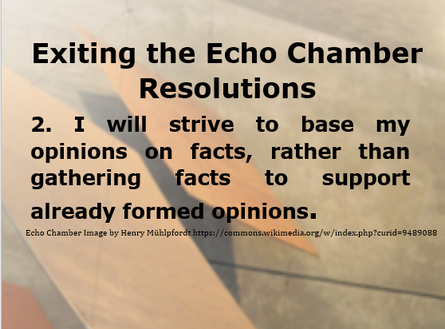
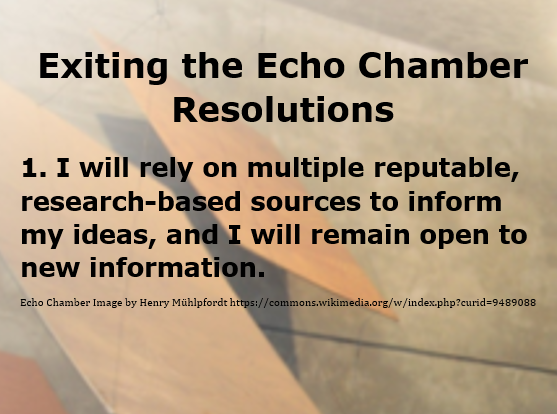
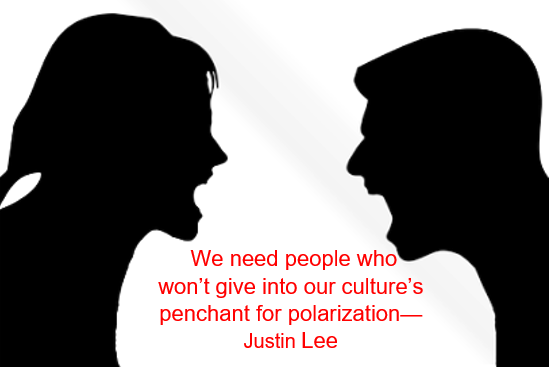
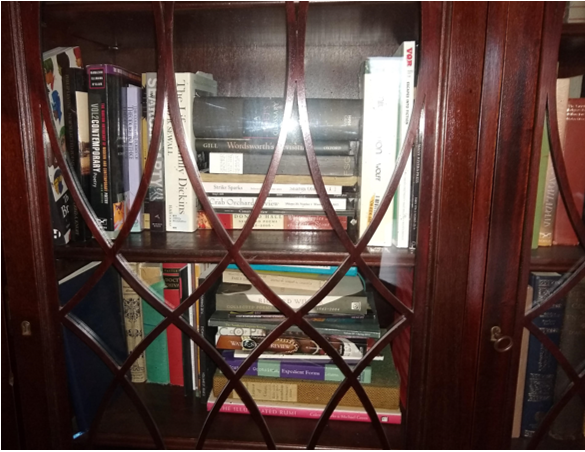



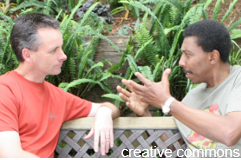

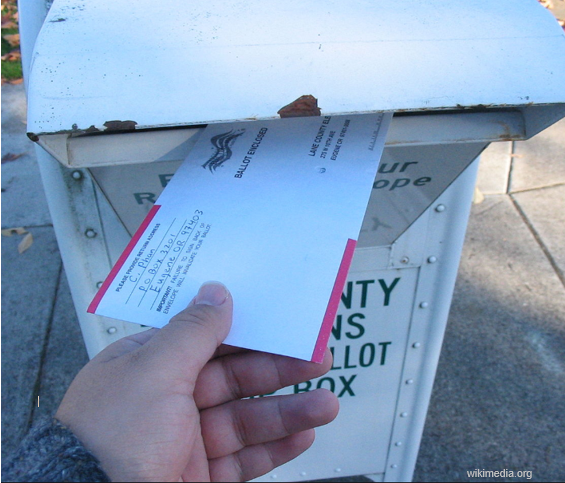
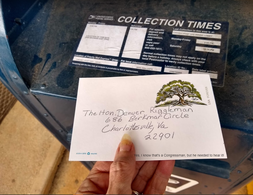


 RSS Feed
RSS Feed